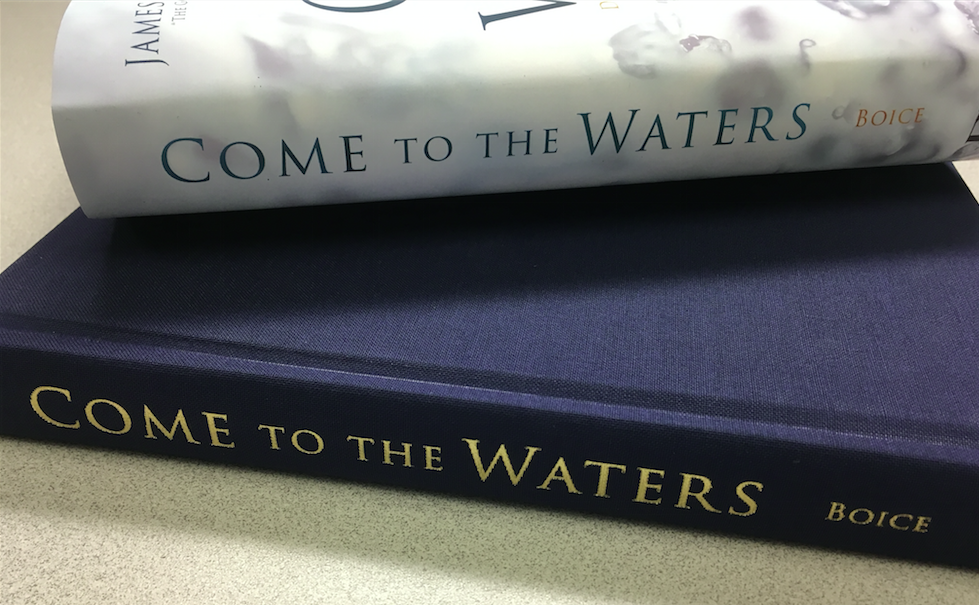January 1
Good Creation
Genesis 1:1–26
And God saw that it was good. Genesis 1:21
The value of creation, declared good by God, brings us to a natural conclusion: if God finds the universe good in its parts and as a whole, then we must find it good also. This does not mean that we will refuse to see that nature has been marred by sin. But even in its marred state, it has value, just as fallen man also has value.
First, we should be thankful for the world God has made and praise him for it. In some expressions of Christian thought only the soul has value. But this is not right, nor is it truly Christian. The Christian view is that God has made all that is and that the material world therefore has value and should be valued by us because of this origin.
Second, we should delight in creation. This is closely related to being thankful but is a step beyond it. It is a step that many Christians have never taken. Frequently, Christians look on nature only as one of the classic proofs of God’s existence. But instead of this, the Christian should really enjoy what he sees. He should appreciate its beauty. He should exult in creation even more than the non-Christian, because in the Christian’s case there is a corresponding knowledge of the God who stands behind it.
Third, we should demonstrate a responsibility toward nature, meaning that we should not destroy it simply for the sake of destroying it but rather should seek to elevate it to its fullest potential. Men and women together should seek to sanctify and cleanse the earth in order that it might be more as God created it, in anticipation of its ultimate redemption.
Finally, after he has contemplated nature and has come to value it, the Christian should turn once again to the God who made it and sustains it moment by moment and should learn to trust him. God cares for nature, in spite of its abuse through man’s sin. But if he cares for nature, then he also obviously cares for us and may be trusted to do so. This argument occurs in the midst of Christ’s Sermon on the Mount in which he draws our attention to God’s care of the birds (animal life) and lilies (plant life) and then asks, “Are you not of more value than they? . . . But if God so clothes the grass of the field, which today is alive and tomorrow is thrown into the oven, will he not much more clothe you, O you of little faith?” (Matt. 6:26, 30).
This excerpt was taken from Come to the Waters: Daily Bible Devotions for Spiritual Refreshment by James Montgomery Boice.


Comments